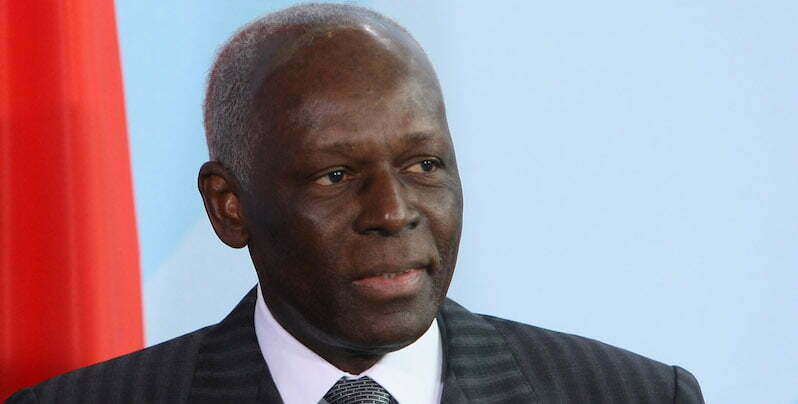As Angola’s president for 38 years, Mr. dos Santos ended the country’s civil war. He also launched an economic boom, but it mainly benefited his family and friends.
José Eduardo dos Santos, a onetime Soviet-trained fighter against Portuguese colonial rule who in nearly four decades as Angola’s president became one of Africa’s longest-serving rulers — and was also accused of corruption on a grand scale — died on Friday in Barcelona, Spain, where he had been living in self-imposed exile. He was 79.
His death was announced on social media by the government of Angola, which said he died after a prolonged illness.
Under Mr. dos Santos’s rule, Angola fought and eventually won an enduring civil war against rebels backed by South Africa and the United States and supported insurgents challenging white minority rule in Namibia and South Africa. But he was widely accused of corruption and nepotism, and the economic boom he presided over benefited mainly his family and a coterie of advisers.
His daughter Isabel dos Santos ran the country’s state oil company and became Africa’s wealthiest woman, with a fortune once estimated by Forbes magazine at $3.5 billion. His son José Filomeno de Sousa dos Santos ran the country’s $5 billion sovereign wealth fund.
Inscrutable and wily in his politics, Mr. dos Santos was seen as a muscular player in regional diplomacy, steering events in the neighboring Democratic Republic of Congo and in Namibia to the south to secure his position at home.
His country also became a rear base for insurgents from the African National Congress fighting against apartheid rule in South Africa, and from the South West Africa People’s Organization, or SWAPO, fighting to end South African control of Namibia.
Like his predecessor, Agostinho Neto, independent Angola’s first president, Mr. dos Santos sought and received military assistance from Cuba at a time when rival superpowers had turned Africa into a Cold War checkerboard of proxy wars and ideological contests. Thousands of Cuban troops were stationed on Angolan soil to buttress his party, the Popular Movement for the Liberation of Angola, or MPLA

Mr. dos Santo with Fidel Castro of Cuba in Havana in 1980. Cuba sent hundreds of combat troops to support Mr. dos Santos’s faction in Angola’s civil war.
His diplomacy was central to an accord in 1989 among South Africa, Cuba and Angola that allowed Namibia to declare its independence under a SWAPO government in 1990 after the withdrawal of Cuban forces from Angola.
Mr. dos Santos ruled his country for 38 years, from Mr. Neto’s death in 1979 — four years after Angola won independence from Portugal — until 2017, when he stepped down voluntarily as president, though not as leader of the dominant political party, the MPLA — a position he relinquished a year later.
His decades in power placed him in the uppermost reaches of a league of longtime African rulers, including Robert Mugabe of Zimbabwe and President Teodoro Obiang Nguema Mbasogo of Equatorial Guinea.
When he left the presidency, he was replaced by a chosen successor, João Lourenço, the country’s defense minister.
By that time, Mr. dos Santos had spent several years maneuvering family members into positions of staggering economic clout, and Angola, rich in diamonds and oil, had become infamous for its startling inequality. In its days as a liberation movement, the MPLA professed a belief in Marxism-Leninism, but it later switched its ideology to social democracy.
Mr. dos Santos in 2017, the year he stepped down as president and handed the reins to João Lourenço, Angola’s defense minister.Credit…Marco Longari/Agence France-Presse — Getty Images

Expensive imported sports cars plied the streets of Luanda, the capital, and wealthy Angolans vacationed in luxurious Portuguese resorts, while many Angolans subsisted on pittances, denied health care and hope.
Source: The New York Times



Comment here
You must be logged in to post a comment.